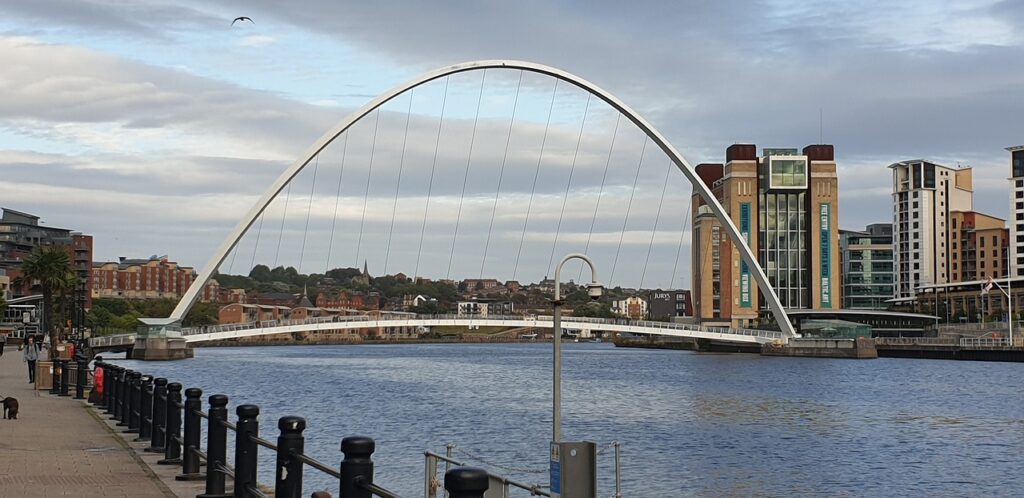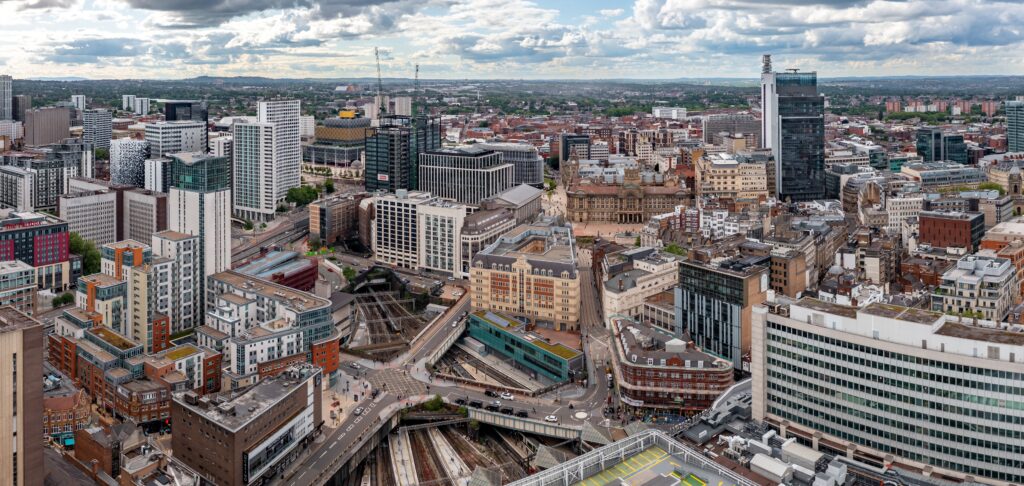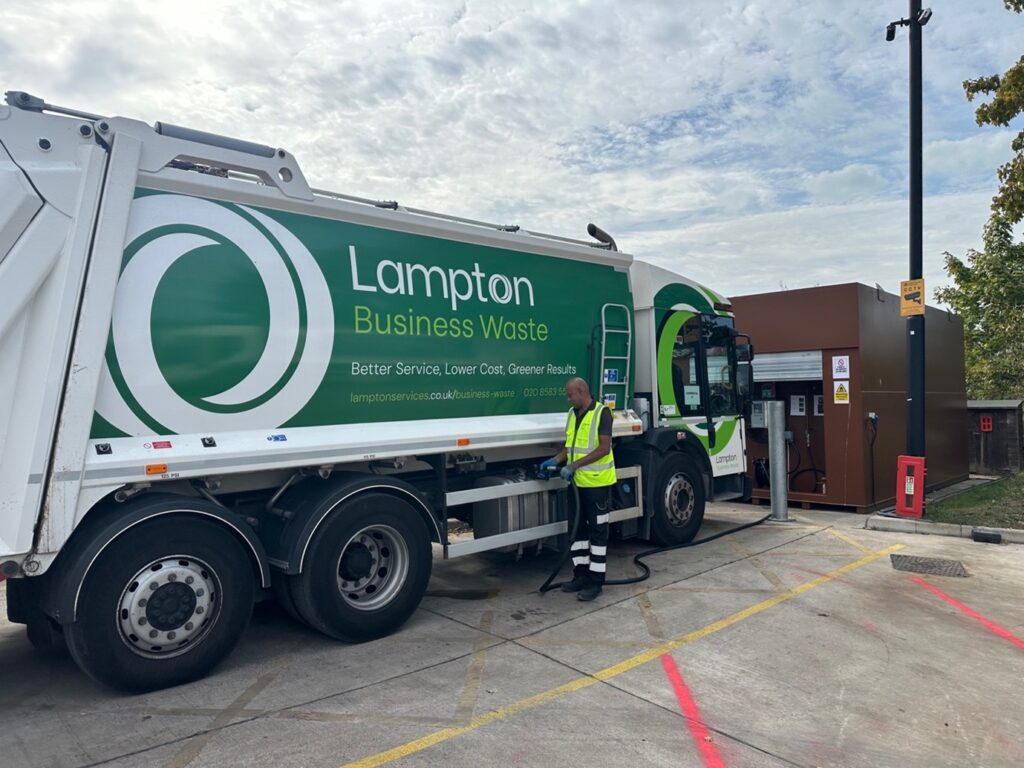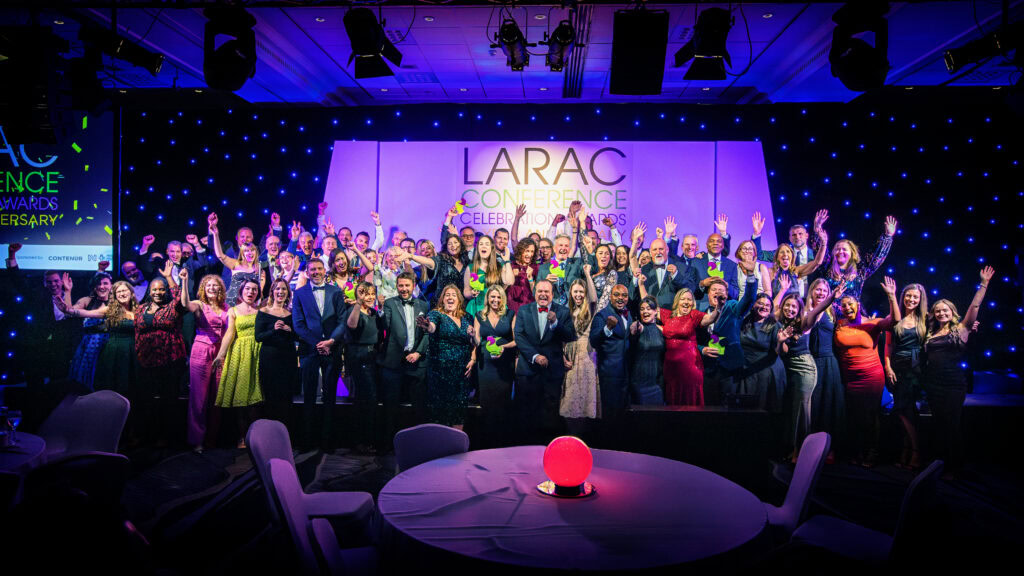At a full council meeting on 3 September 2025, members debated a motion tabled by Councillor Gareth Kane calling on the cabinet to pull out of the joint project, citing concerns that the long-term contract could undermine the city’s recycling ambitions.
Newcastle’s recycling rate falls under 25%
The motion pointed to Newcastle’s declining recycling rate, which fell to 24.6% in 2023/24, and warned that increased reliance on incineration is “counter-productive.”
It noted that almost half of the city’s household waste is already being sent for incineration.
Concerns were also raised about plans for district heating, and carbon capture and storage (CCS) technology at the facility.
The motion concluded that committing to TVERF would “lock us into incineration for decades” and “distract from increasing recycling.”
During the Council meeting, Councillor Gareth Kane, who proposed the motion, said: “The incinerator will do nothing to help us meet Net Zero targets, as claimed. Far from being renewable energy, waste incineration is now the dirtiest form of any energy production in this country.”
Councillor Wendy Taylor added: “In August 2023, Councilor Kane, Councilor Williams and I were members of a task and finish group to review the council’s waste strategy, and the report we produced said the following, we have concerns that sending waste to the TVERF acts as a distraction from increasing recycling.
“We are also concerned that such a long term contract ties the council into continuing to incinerate waste long term, even if a more environmentally friendly method of disposal becomes available.”
Facility to be operational in 2029
The facility, planned for Grangetown in Redcar, received an environmental permit from the EA in July this year and already holds planning permission.
Councillor Alexander Hay said: “As a council we are committed to increasing recycling rates and reducing the amount of residual waste produced across the city, but however we work to Reduce Reuse and Recycle, there will be a proportion of waste that can never be recycled and must be dealt with in another way.
“That is why the Tees Valley energy recovery facility is important. It will provide a safe, reliable and sustainable solution for the region’s residual waste, cutting landfill and protecting the public purse in Newcastle.”
TVERF is expected to process up to 450,000 tonnes of municipal, commercial and industrial waste each year, from seven councils across the North East, including Newcastle, Durham, Darlington, Hartlepool, Middlesbrough, Stockton, Redcar and Cleveland.
The facility is expected to begin operations in 2029.









Subscribe for free